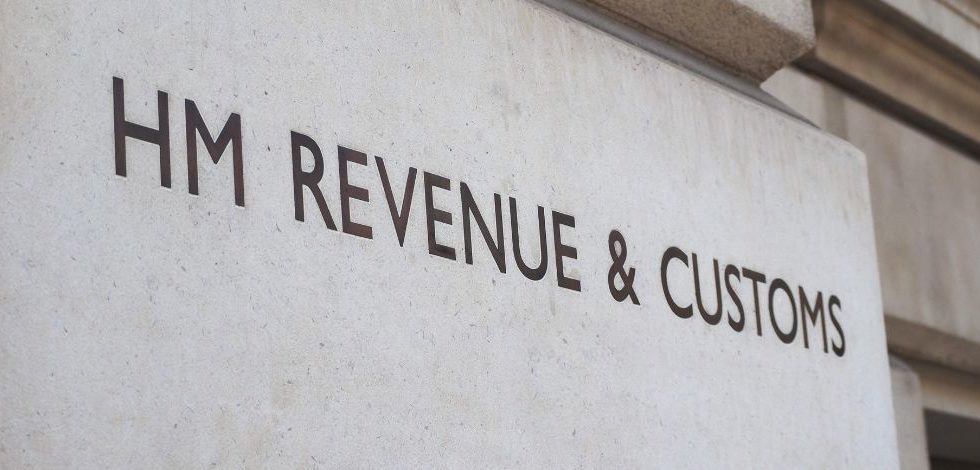While raising the UK’s international reputation for innovation is a key government priority, leading the sustainable transition is equally important—and there is considerable synergy between these goals.
As businesses look ahead to the future of their R&D, many have begun to recognise that investing in green and sustainable innovation will accelerate their plans whilst contributing to a positive end-goal, whether it be lowering carbon emissions, reducing waste, or developing energy alternatives.
Ayming’s inaugural UK Innovation Barometer (UKIB) examines the current state of the UK’s innovation landscape, as well as considers the various reforms that have the potential to influence businesses operating across key industries.
In November 2022, Ayming conducted a survey of 200 senior innovation, finance, tax, and CEOs/MDs in the UK. Survey respondents are all at CXO, director or head of department level, and evenly split across SMEs and larger companies.
How important is sustainable innovation?
When asked to rank the importance of introducing a supercharged tax incentive for sustainable R&D activity, almost a quarter of respondents said it was absolutely critical and half described it as very important. The findings reflect the increasing awareness of businesses across the UK that green innovation is important, but equally that a greater incentive is required to drive momentum.
78% of SMEs view the introduction of a sustainable R&D tax credit at least very important, four points higher than the average for businesses of all sizes.
Njy Rios, Director – R&D Incentives at Ayming UK, comments, “It’s encouraging to see green R&D is perceived as similarly important to initiatives like ARIA, or securing back-up funding for Horizon to support the UK’s innovation. But it’s essential to note that small businesses cannot afford to invest in green R&D without additional support and incentive”.
Difference between sectors
Breaking down the results by sector: the construction sector is most eager to see the introduction of a specific sustainability tax incentive with 30 per cent of the industry identifying it as absolutely critical. In contrast to 18 per cent of the pharma sector, 21 per cent of those working in the food and beverage industry, and 24 per cent of both the IT and technology sector and the manufacturing industry.
Benjamin Craig, Associate Director – R&D Tax Credits, at Ayming UK puts the construction sector’s enthusiasm down to the pressure its under to become more sustainable, stating
“The construction sector uses a lot of heavy diesel-driven plant, and concrete is a very carbon-intensive product. In the last few years, we’ve seen the industry make efforts to adapt machinery to be less polluting, and a big push towards achieving carbon neutral status. So, the sector stands to benefit substantially from a specific sustainability tax incentive”.
Rios adds, “I work with some large construction firms whose sustainability teams have grown from two or three people two years ago, to close to 20 now, which reflects how much the sector is prioritising the sustainable transition”.
Download your free copy of the UKIB to find out more
What’s getting in the way?
The factors preventing businesses from carrying out sustainable R&D activity suggest more emphasis needs to be placed on its importance.
- 44% of respondents prioritise other R&D activity.
- 24% identify insufficient funding as the reason they’re unable to carry out sustainable R&D.
- A further 7% use tax credits but need more funding before they can prioritise green R&D.
Referencing the above, it’s clear that more needs to be done to make the commercial value of carrying out green R&D more competitive.
A third of the technology sector specified a lack of funding as the reason it can’t focus on sustainable R&D, almost ten points higher than the average. And as an energy-intensive industry that needs to develop sustainable solutions, it’s concerning that inadequate funding is predominantly what’s holding the industry back.
Only 23% of SMEs name inadequate funding as the problem preventing them from carrying out green R&D. But with plans set to significantly reduce the value of the SME tax scheme, the likelihood is that this figure will rise in the months ahead. As the UK strives towards its Net Zero targets, it must find a way to encourage businesses of all sizes to contribute to new sustainably driven innovations.
Mark Smith, Managing Partner at Ayming UK, observes, “Progress on green innovation could end up a casualty of the UK’s recession unless a new way to incentivise businesses to take a long-term view is established”.
To discover the insights in full, click the button to download Ayming’s UKIB.













No Comments